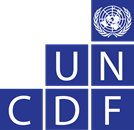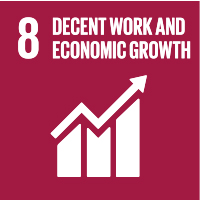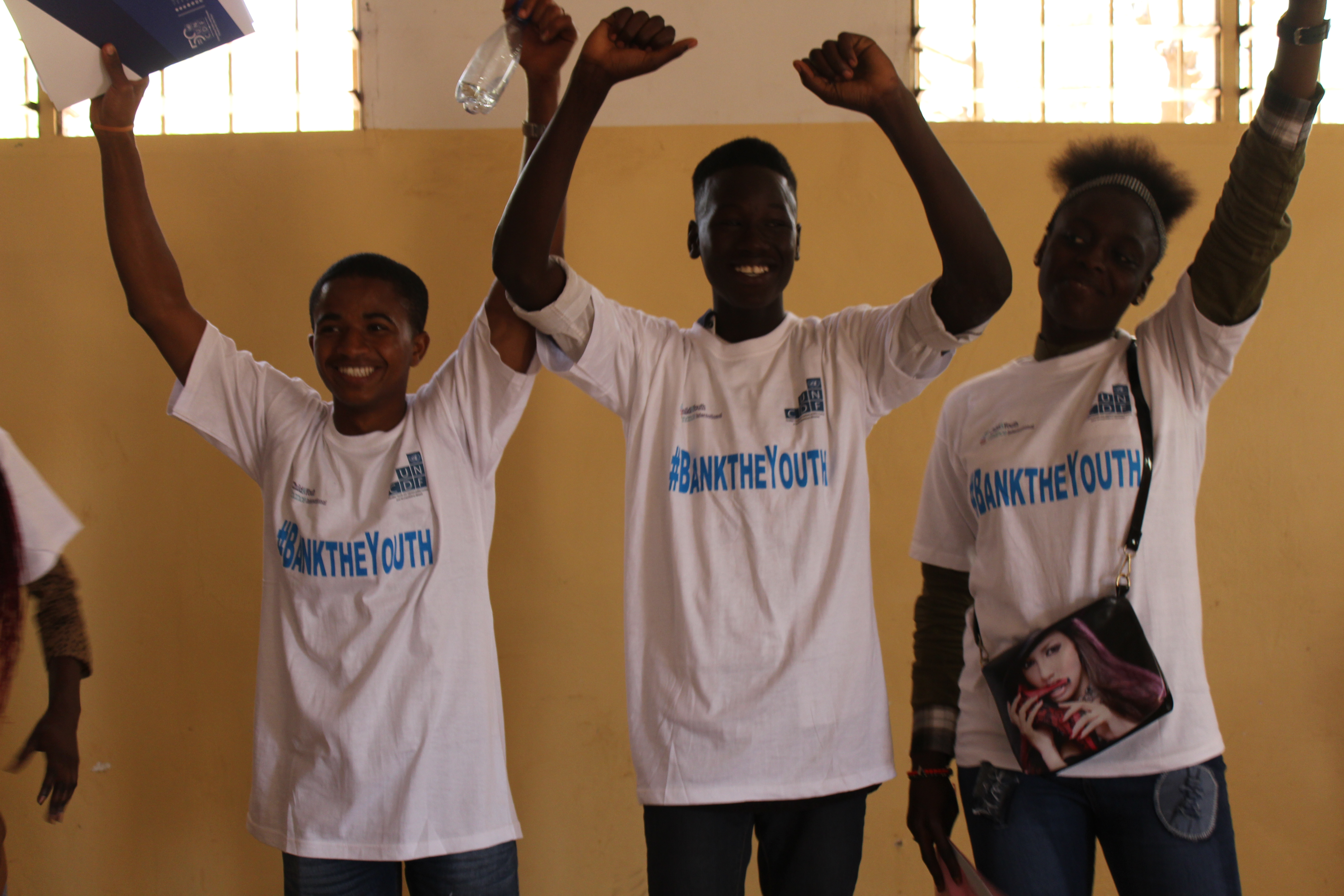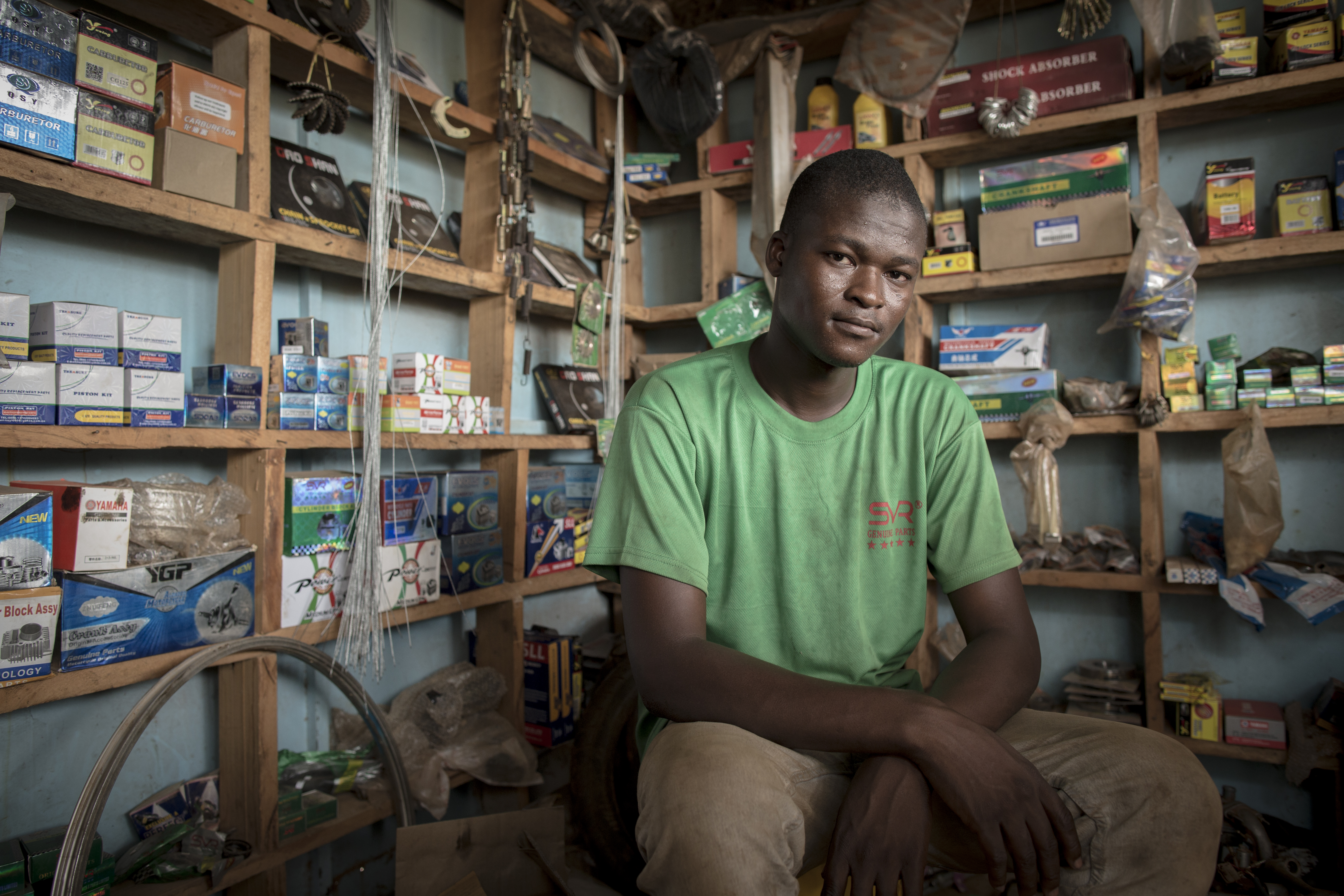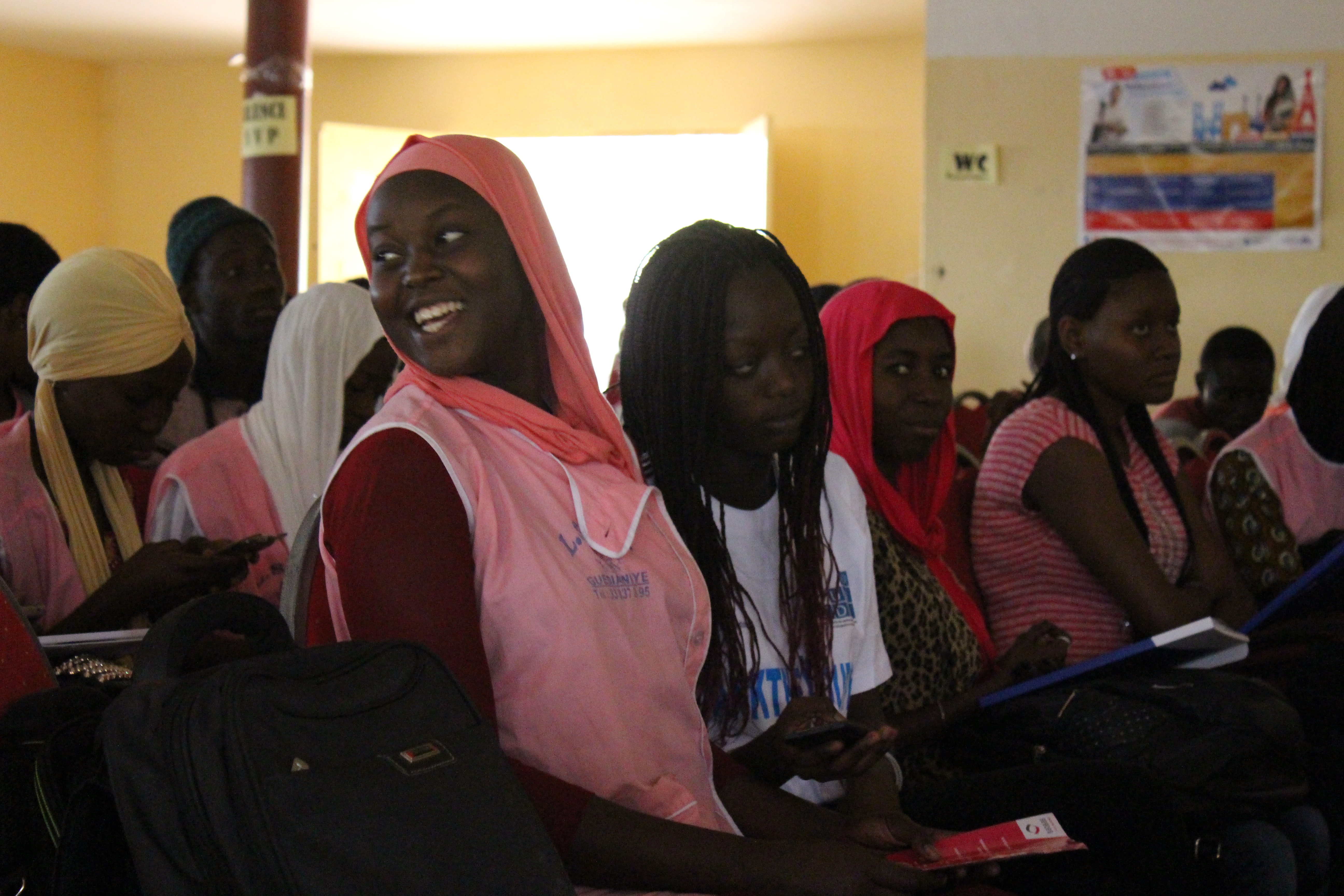Technical assistance, expertise and implementation; Policy, advocacy and convening power; Financial and/or in-kind contribution
Increasing access to finance for youth
Since 2010, UNCDF has been actively working to increase youth financial inclusion by supporting the development of affordable, relevant and accessible financial products for youth coupled with complementary non-financial services in LDCs. UNCDF tested its approach by launching YouthStart Pilot Programme, which more than tripled the original target of providing A2F to 200,000 youth. UNCDF is now expanding this approach to LDC’s in Africa and Asia with the objective to increase the number of youth (in particular young woman, youth living in rural areas and out-of-school) engaged in entrepreneurship, decent employment, school, or further education and training.
